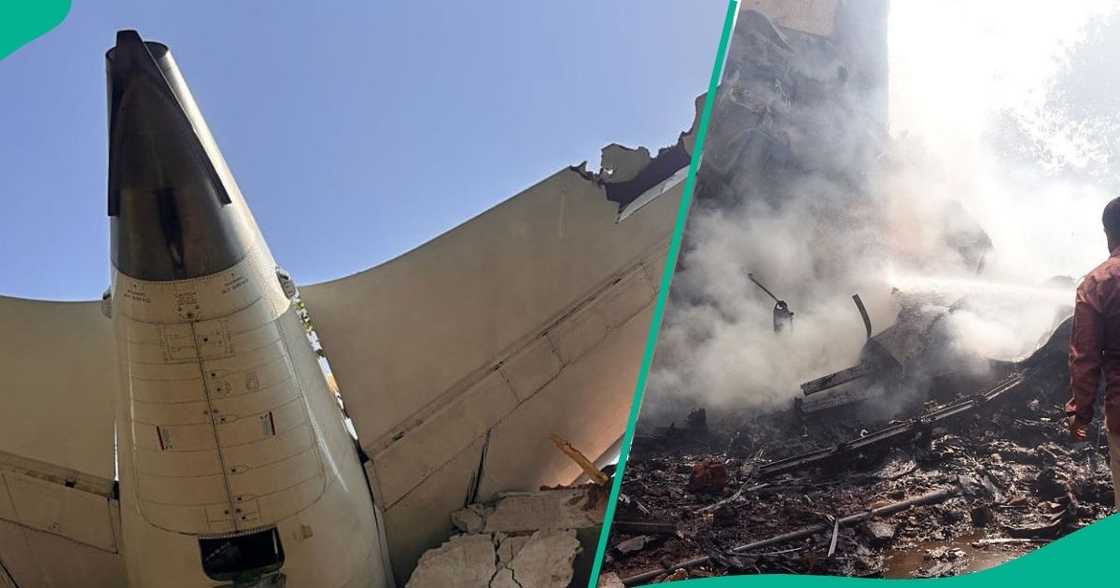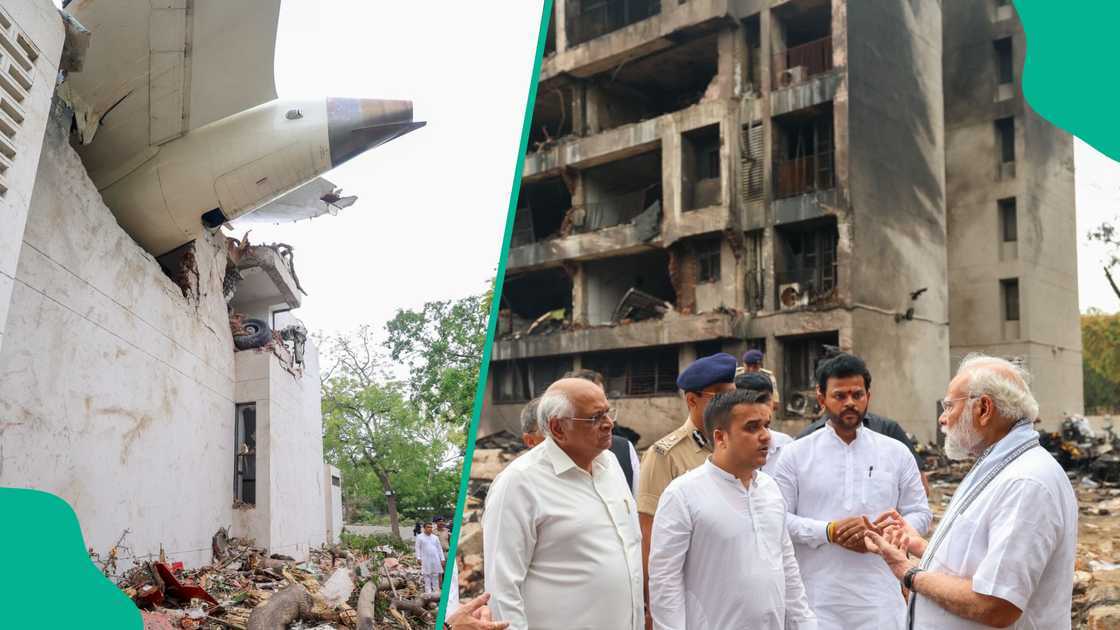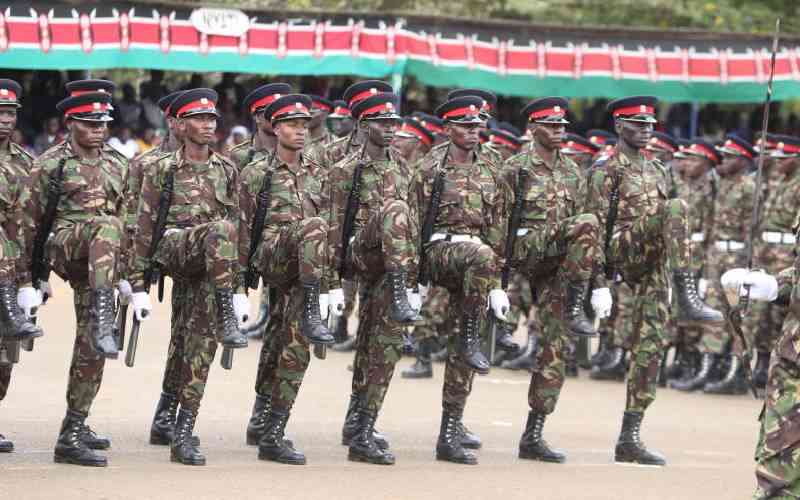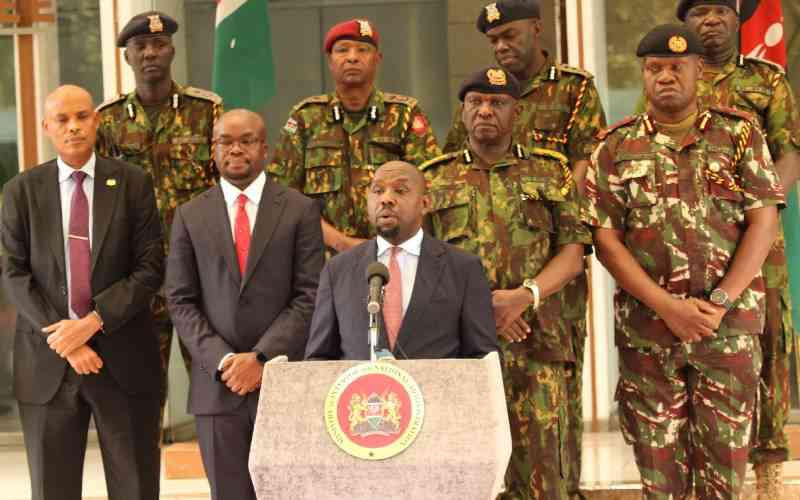Legit.ng journalist, Ridwan Adeola Yusuf, has over 9 years of experience covering global affairs.
Ahmedabad, India - A tragic Air India AI171 crash near Ahmedabad brought a chilling phrase to the world’s attention.
As reported by the Guardian UK, “Mayday, mayday,” was the final radio message sent by Sumeet Sabharwal, the pilot of the Air India 171 flight bound for London, moments before it crashed to the ground, killing more than 270 people.

Source: Getty Images
What does “Mayday” really mean, and why do pilots use it? Legit.ng explains the critical importance of the Mayday call.
In aviation, “Mayday” is the most urgent international distress signal, reserved for life-threatening emergencies, like catastrophic failures or sudden loss of control, when immediate help is needed.
The word comes from the French ‘m’aider’ (“help me”) and is recognised worldwide.
The credit for its implementation goes to Frederick Stanley Mockford, a senior radio officer at London’s Croydon Airport. The term was chosen because of its distinctive sound and clarity, making it easily recognizable over radio transmissions.
When a pilot says “Mayday” three times, all air traffic control resources instantly focus on the distressed flight, launching rescue and emergency response.
Mayday is not for minor issues like turbulence or single-engine failure in a twin-engine plane.

Source: Twitter
Read more on the Air India disaster:
Earlier, Legit.ng reported that the chief executive officer (CEO) of Air India, Campbell Wilson, shared new insights about the pilots of the crashed Boeing Dreamliner.
In a letter to the victims' families, Wilson stated that Captain Sabharwal was highly-experienced.
Wilson disclosed that the late captain logged over 10,000 hours of flying, and his co-pilot had 3400 hours of flying experience.
PAY ATTENTION: Сheck out news that is picked exactly for YOU ➡️ find the “Recommended for you” block on the home page and enjoy!
Source: Legit.ng











